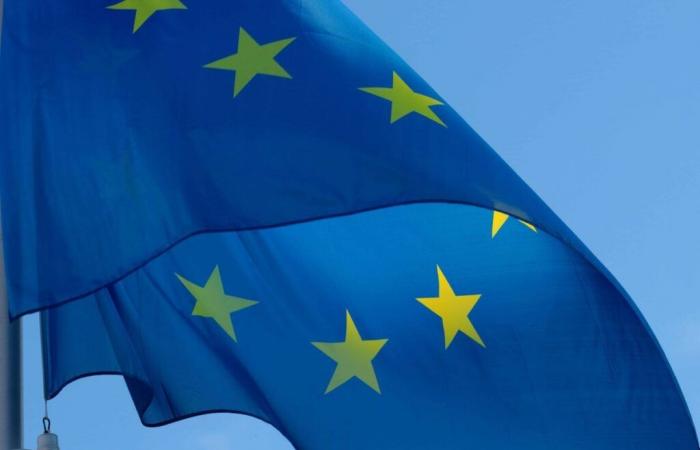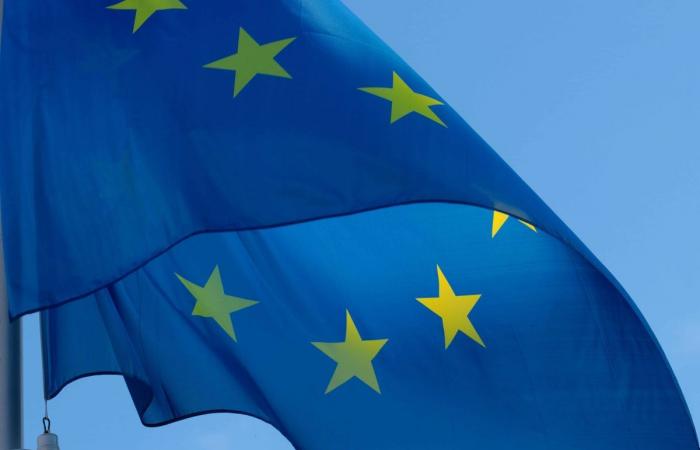The European Union puts an end to a long soap opera concerning Amazon's tax optimization in Luxembourg. This affair, which began almost a decade ago, finally finds its epilogue with a favorable conclusion for the e-commerce giant, unlike Apple which had to pay a record fine of 15 billion dollars .
European Commission drops charges against Amazon
The European Commission has officially announced the closure of its investigation into potential tax advantages granted by Luxembourg to Amazon. This decision follows the annulment on appeal of a first conclusion from 2017 which ruled that Amazon had benefited from illegal tax advantages worth 250 million euros.
This case is part of a broader context of investigations carried out by the EU since 2013 into tax arrangements between large technology companies and certain member states. The Brussels institution specifies that if tax rulings are not problematic in themselves, they can become problematic when they confer a selective advantage on specific companies, thus distorting competition within the European single market.
A marked contrast with the Apple affair
This conclusion contrasts sharply with the case of Apple, which remains one of the European Commission's most important victories in the fight against tax optimization. As a reminder, the Cupertino company was ordered to repay 13 billion euros in tax benefits deemed undue to Ireland, a decision confirmed by European justice in 2023.
This difference in treatment is explained in particular by the specificities of each file and the evidence provided by the Commission. In the case of Amazon, the Court of Justice of the European Union ruled that Brussels had not sufficiently demonstrated the existence of a selective advantage in the tax arrangements between the company and Luxembourg.
The Commission's decision to also close investigations into Fiat and Starbucks marks a turning point in the European approach to the taxation of multinationals. It highlights the need for regulatory authorities to build particularly strong cases when they wish to challenge the tax practices of tech giants.
Source







